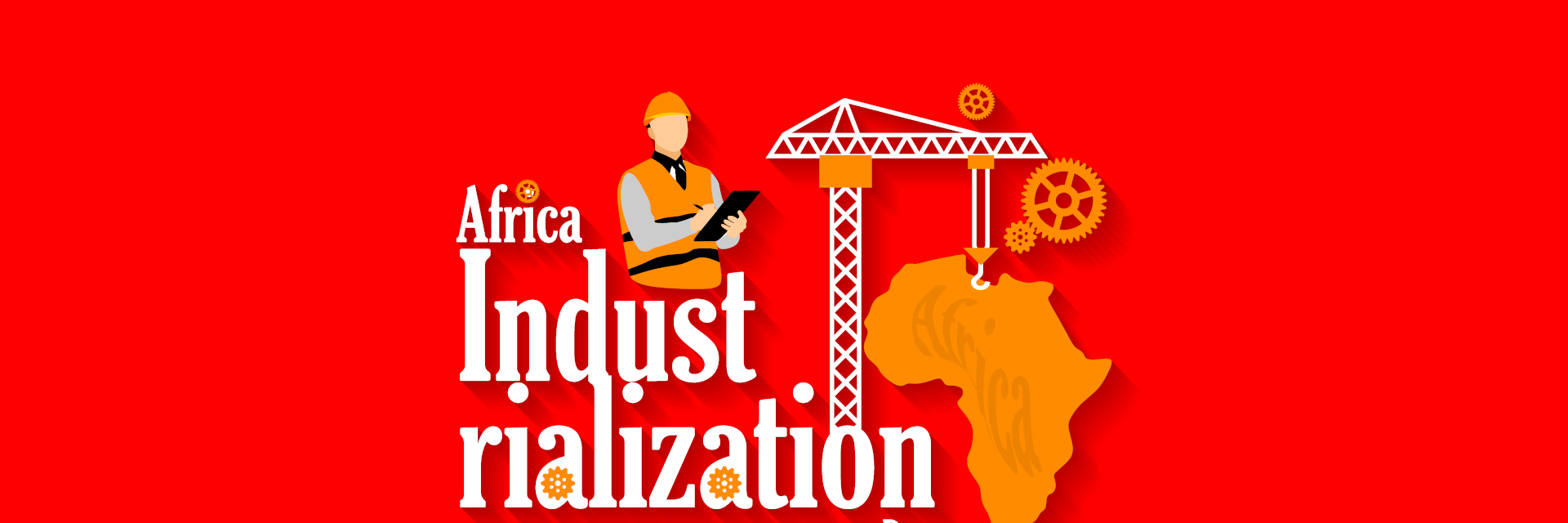Niamey, Niger, 23 November 2022 (ECA) - Africa - rich in natural assets - should invest in industrialization and boost trade to accelerate economic development, the Executive Secretary of the Economic Commission for Africa, Antonio Pedro, has urged.
“Africa’s sustainable economic transformation requires an accelerated and sustainable industrialization, said Mr. Pedro.
“It is high time that we learn the lessons fast, seize the opportunities inherent in these crises by diversifying our economic base, enhancing our research and development capacity, and investing in industrialization. That way lies Africa’s renaissance.”
Mr. Pedro spoke at a ministerial panel on “Industrializing Africa: Renewed Commitments towards an Inclusive and Sustainable Industrialization and Economic Diversification” during the African Union Summit on Industrialization and Economic Diversification, being held in Niger.
Africa’s level of economic diversification is low, compared to other regions. According to the United Nations Conference on Trade and Development (UNCTAD)’s diversification Index, the diversification of African exports is roughly half the level of the America’s, Asia, and Europe.
A bulk of Africa’s exports are concentrated on a limited range of primary products, often derived from the extractive sector. This has resulted in low levels of export diversification and exposed African countries to commodity price fluctuations. The price fluctuations have often triggered macro-economic instability which many African countries are ill equipped to respond to.
Between 2016 and 2021, oil accounted for the largest share of Africa's total exports, averaging at 37% while intra-African trade in mineral fuels averaged only around 20%. Manufactured goods accounted for 44% and food items another 20% over the same period.
“Intra-Africa trade is significantly more conducive to fast tracking the continent’s industrialization than Africa’s trade with the rest of the world,” said Mr. Pedro, who underscored the need to align industrial and trade policy for increasing inter-Africa trade.
The African Continental Free Trade Area (AfCFTA) is a blueprint for Africa to ensure a faster and effective industrialization as it provides necessary conditions for transformational investment, diversification and sustainable development in Africa.
“Industrialization is not an option for our continent; it is indeed an imperative,” Mr. Pedro, emphasized.
“By adding value to Africa’s natural and mineral resources here on the continent, we can turn the persistent bane of our resources into a persistent boon. As we drive industrialization, we also need to realize that industrialization is not an event, but it is a process, and a long one at that,” Mr. Pedro said, noting that Africa has the opportunity to pursue its industrialization in a green, inclusive and sustainable way by utilizing all of its resources.
Africa possesses 60% solar irradiation in the world, 70% of cobalt global production and significant reserves of other battery minerals. Besides, the continent has world class carbon sink assets in its forests and peatlands and huge green hydrogen potential, all assets that can position the continent as a powerhouse and a globally competitive investment destination.
Mr. Pedro said Africa, while committed to attracting foreign direct investment, should invest in creating favourable conditions that promote domestic investment.
Ms. Amany Asfour, President of the Africa Business Council (ABC) said the private sector is key to industrialization and it was supporting a competitive, borderless, and innovative Africa for trade and investment.
“Industrialization will not happen without an effective public-private dialogue, “ said Ms. Asfour.
Contributing to the discussion, Senegal’s Minister of Foreign Affairs, Aïssata Tall Sall, deplored the fact that Africa contributes only 1.8% to the global manufacturing value added. She also juxtaposed Africa’s 10% industrialisation rate with East Asia’s 25%, stating that enormous progress is needed for Africa to meet its economic and social development goals.
While the African Union Commission Chairperson, Mousa Faki noted that:“The major challenge here is to be able to boost trade between Africa countries, which are more linked to the outside world through signed agreements that control the bulk of their trade. It is therefore a question of developing the capacity to successfully transform our productive structures with a view to increasing the complementarity of intra-African trade.”
Remarking that the future of Africa rests on the youth, Mr.Massoudou Hassoumi, Niger Minister of Foreign Affairs, said youths must be given real opportunities to trade and protected from the perilous temptations of migration, manipulation and calls for violence, which has been observed in many countries.
Ends-
Issued by:
Communications Section
Economic Commission for Africa
PO Box 3001
Addis Ababa
Ethiopia
Tel: +251 11 551 5826
E-mail: eca-info@un.org

